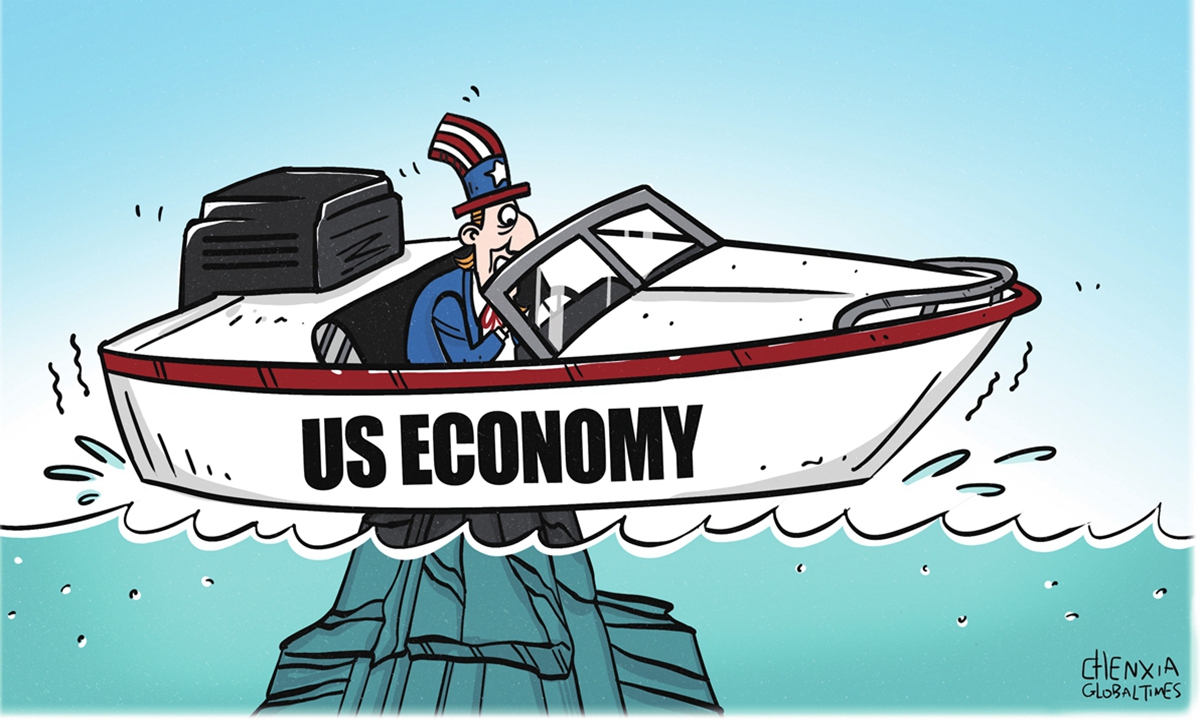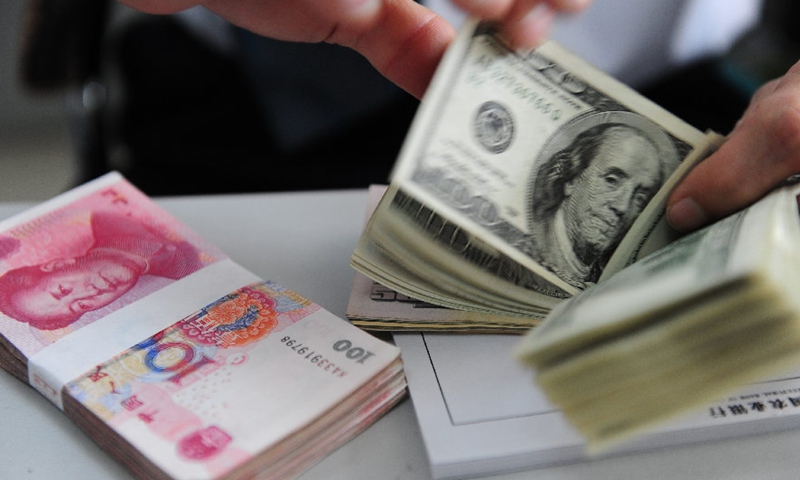PETALING JAYA: Asian central banks, including Bank Negara, were seen upping their gold reserves in the past decade given the versatile use of the precious metal as a hedge against inflation and, a protective measure against purchasing power risks.
Malaysia has emerged as having the fifth-highest increase in gold reserves between 2013 and 2022 among Asian countries, said Singapore-based brokerage firm City Index, which released the data yesterday.
The brokerage noted that Bank Negara has overseen a 6.84% increase in the country’s gold reserves, from 36.4 tonnes to 38.88 tonnes over the period under review.
This is 90% more than Indonesia, whose gold reserves only increased by 0.64% between 2013 to 2022
However, the republic continues to hold 50% more gold than Malaysia with 78.57 tonnes.
The increase in Malaysia’s gold reserves also paled in comparison to third-placed Singapore’s 20.7% climb in bullion stock at 153.7 tonnes, which itself is dwarfed by China’s near-doubling of its storage of gold to 2,010 tonnes, taking the top spot among Asian nations.
“Gold reserves in China averaged 1,694.78 tonnes from 2013 until 2021, reaching an all-time high of 2,010.51 tonnes in the fourth quarter of 2022, accounting for 3.6% of its total foreign reserves,” City Index pointed out.
Notably, the brokerage firm said China’s increase in gold imports is largely considered to be the result of an effort to reduce its reliance on the US dollar and to diversify holdings of the People’s Bank of China.
According to City Index head of market research Matt Weller, the surge in gold investment demand signals a growing concern among investors regarding the inflationary pressures in the market.
“As central banks continue to use gold as an inflation hedge, it’s not surprising to see individual investors following suit in the form of coins or jewellery, especially in countries such as India and China, where gold has long been considered a traditional store of value,” he said.
Meanwhile, the brokerage firm said Thailand has had the second-largest increase in gold reserves in the last decade, increasing by 60.2% from 152.4 tonnes to 244.1 tonnes.
Quoting the World Gold Council, City Index said gold remains a popular and effective inflation hedge amid global economic uncertainty in Thailand, exemplified by a 40% increase in demand for the metal year-on-year in 2022, fuelled by the rebound in tourism.
The debate, though, continues on whether gold could live up to its reputation as a buffer against inflation compared to other means employed to stem the inflationary tide, namely bonds, the greenback, and much more recently, cryptocurrencies such as bitcoin.
This is evidenced by the price of gold taking a beating from mid 2022, coinciding with the Federal Reserve’s 50-basis-point hike in May which was followed by four giant 75-basis-point surges, sending gold price from approximately US$1,800 (RM8,032) an ounce to just over US$1,600 (RM7,140) by November as the US dollar strengthened.
Meanwhile, Bernard Aw and Eve Barre, economists at Singapore-based Coface Services South Asia-Pacific Pte Ltd, pointed out that the relationship between the dollar and gold tends to be inverse, although this negative correlation has weakened since 2018.
“Although there is an easing trend, inflation rates are expected to be above historical trend at least through 2023, while global growth remains sub-par. Gold may therefore perform well relative to the dollar since the United States rate hike cycle appears to be nearing its peak.
“Moreover, geopolitical factors have also contributed to emerging market central banks stocking up on gold reserves, pushing up demand for gold, amid a very gradual shift away from the US dollar,” they told StarBiz.
Concurrently, chief executive of Centre for Market Education Dr Carmelo Ferlito also believes the decision to increase gold reserves among Asian countries may be seen as a signal of worry among these countries, and their consideration of the dollar as a less dominant currency in the future.
“Thus, despite the decrease in its price last year, gold is perceived as a more stable store of value,” he said.
Ferlito opined that the cessation of the gold standard has been the biggest source of inflation in history, as inflation in the last 50 years have exceeded any before it.
“In fact, currently measuring inflation through the Consumer Price Index is meaningless with the fiat system. A more effective way would probably be to measure price indices against wage indices,” he said.
With Asian central banks embarking to fortify their bullion stockpile in an apparent effort to mitigate inflation, Ferlito said returning to the gold standard would be ideal but practically impossible at this point in time, as the quantity of money in circulation is exceedingly high.
“Free banking and competition among currencies may be a better option for the current financial climate,” he added.
Coface’s Aw and Barre too did not advocate a return to the gold standard, believing the system will deeply restrain the ability of governments to support economic activity when needed since money supply would be limited to the amount of gold detained.
They said: “Considering the way central banks acted during the last two economic crises by expanding their policy instruments, as well as the massive fiscal support provided by governments during the lockdowns, it is difficult to imagine a return to the gold standard, which would imply the end of this important interventionism.”
Providing an interesting balance to the gold against inflation idea, Forbes in an article published earlier this month reported that gold has at times in history been found wanting as an inflation hedge.
“From 1980 to 1984, annual (US) inflation averaged 6.5%, but gold prices fell 10% on average each year. Returns not only fell short of the inflation rate, but they also underperformed real estate, commodities and the S&P 500. Annual inflation averaged about 4.6% from 1988 to 1991, but gold prices fell approximately 7.6% a year on average,” the report revealed.
On the other hand, while concluding that gold has been an inconsistent inflation hedge, Forbes recommended holding some amount of the precious metal as a diversification strategy.
“Gold has historically had a low or even negative correlation to both stocks and bonds, suggesting it offers value as a tool of diversification,” it said.
Related posts:
What is the best hedge against inflation?
The strong dollar should not become a sharp blade to cut the world, THE NEED FOR BRETTON WOODS III
China, Brazil to trade in local currencies
Will US debt ceiling deadlock push capital to yuan market?
Global de-dollarisation fast underway; US Printed More Money in One Month Than in Two Centuries, US$ is fast becoming Banana Currency



























1.jpg)
.jpg)


